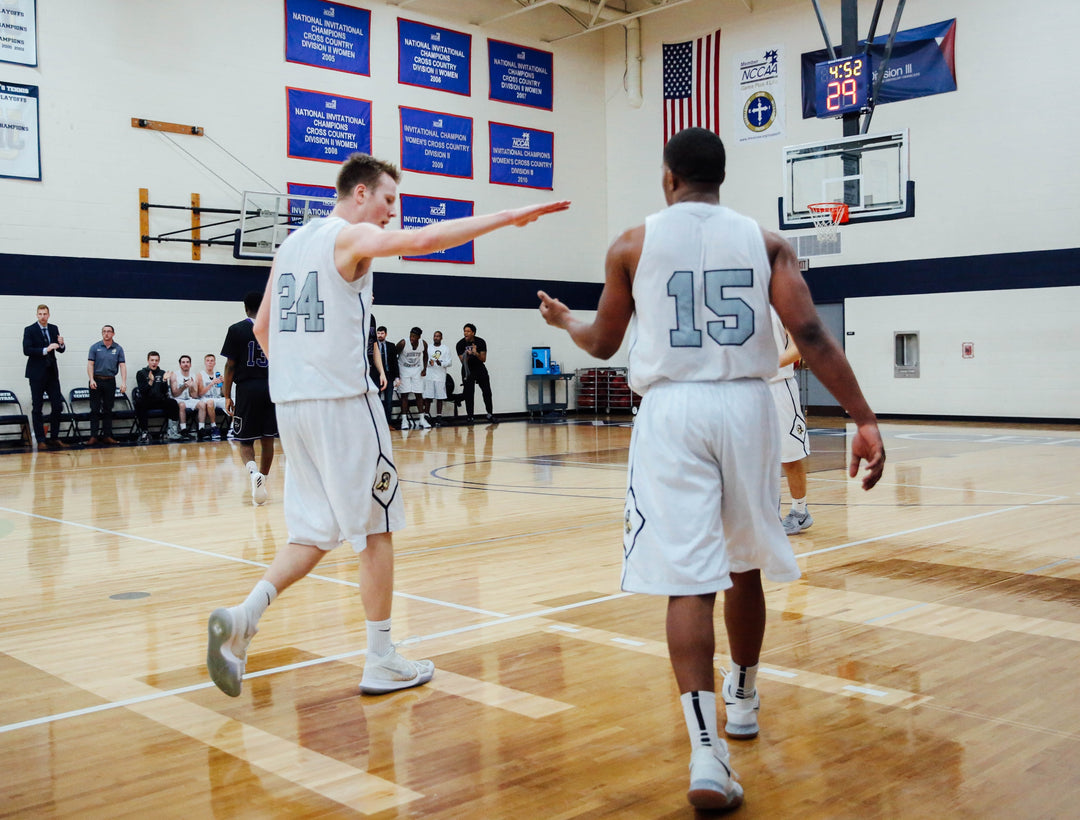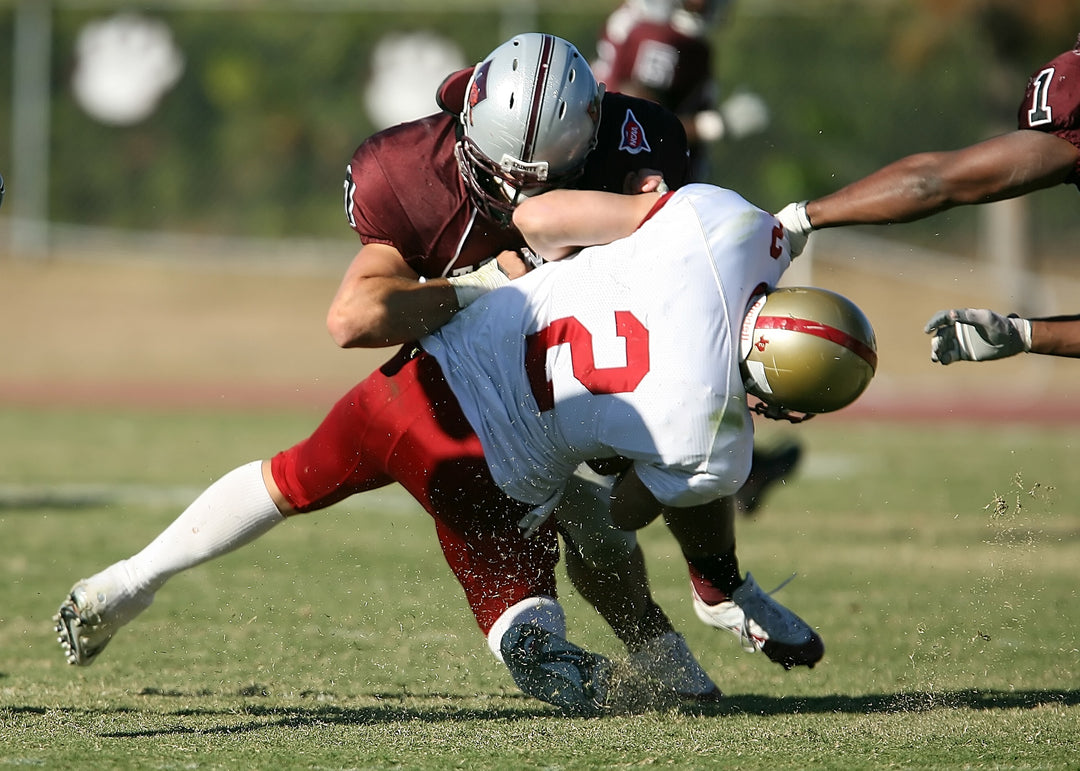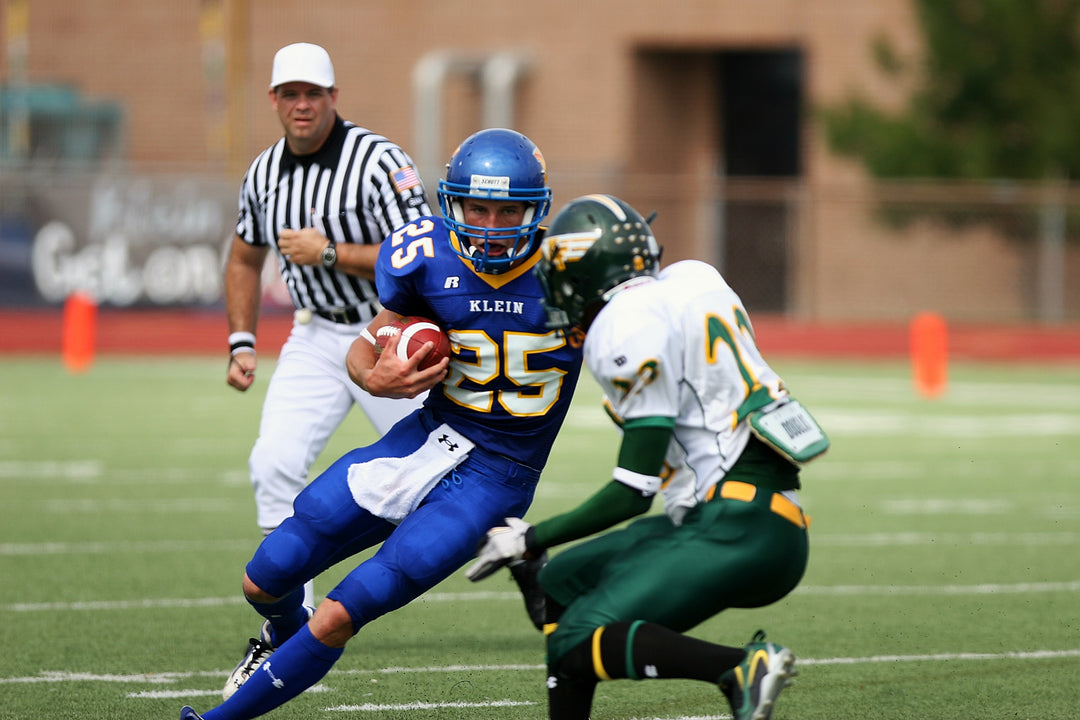Reducing the Risk of Concussion in Athletes
Can Mouthguards Help Reduce Concussions?
In recent years, the health risks associated with concussions have regularly made headlines, raising concern among athletes of all levels – as well as parents whose children participate in sports. Even with increased attention on the topic, many questions remain about the nature of concussions, how they can be prevented, and what the long-term effects on the brain may be.
Even the mechanism for how concussions work is up for debate, with conflicting opinions about whether concussions primarily entail injury to the outer parts of the brain or affect tissues deep inside it. Despite the lack of scientific consensus, one thing is certain: Concussions are serious health risks, and any steps to avoid or reduce them are worth taking.
In America, football has become the poster-sport for concussion risk (though many may be surprised to know that bicycle accidents are the leading cause of sports-related concussions among youth). Regardless, a lot of science and engineering has focused on improving helmet design – but when it comes to concussion, research has shown that a properly fit mouthguard is just as essential to player safety.
According to a peer-reviewed study published in the May/June 2014 issue of General Dentistry, high school football players wearing poorly fit, store-bought mouthguards were more than twice as likely to suffer mild traumatic brain injuries than those wearing custom-made, properly fit mouthguards. The lead author of the study, Jackson Winters, DDS – a pediatric dentist who served 28 years as a high school and collegiate football official – sampled 412 athletes: 220 wore custom-fit mouthguards, and the remaining 192 wore standard over-the-counter (OTC) appliances. Incidentally, all athletes wore the same type of helmets.
In his study, Winters found that, over the course of the season, 8.3 percent of athletes who wore OTC mouthguards suffered brain injuries as opposed to only 3.6 of athletes fitted with a custom mouthguard. His research demonstrated an important shortcoming of traditional store-bought mouthguards, most of which are made with ethylene vinyl acetate (EVA) plastic: They make it difficult to achieve a proper fit.
Unlike most OTC mouthguards, Game On Mouthguards are made with a patented material called VISTAMAXX™ that offers athletes a true custom fit with incredible retention at an over-the-counter price. It’s one of the main reasons why Game On is the only mouthguard to earn the prestigious Seal of Acceptance by the American Dental Association. By helping absorb shock and limiting movement caused by an impact to the jaw, a properly fit Game On Mouthguard provides an extra level of protection that exceeds that of an OTC mouthguard. That's why Game On is the best custom sports mouth guard.
Though there is still much to learn about concussions – and more advances to come in protective equipment – wearing a properly fit mouthguard is critical to staying protected on the field, on the court or anywhere there is a risk of head or orofacial injury.




